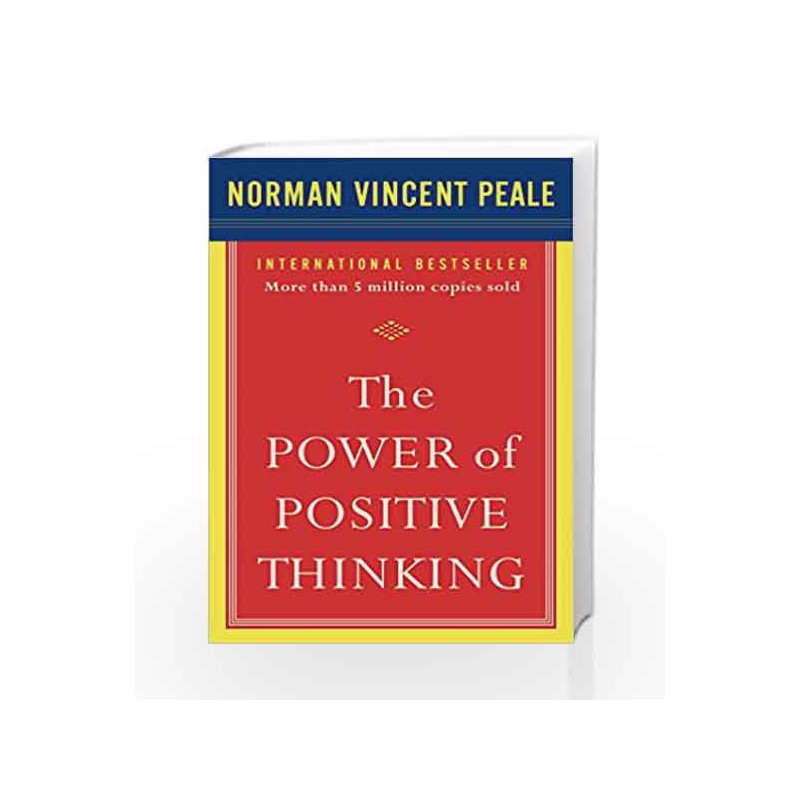

Peale was awarded the Presidential Medal of Freedom, the highest civilian honor in the United States, on March 26, 1984, by President Ronald Reagan. He also opposed Adlai Stevenson's candidacy for president because he was divorced, which led Stevenson to famously quip "I find Saint Paul appealing and Saint Peale appalling." įollowing the publication of Peale's 1952 best seller, his ideas became the focus of criticism from several psychiatric professionals, church theologians and leaders. Kennedy for president, saying, "Faced with the election of a Catholic, our culture is at stake." Theologian Reinhold Niebuhr responded that Peale was motivated by "blind prejudice," and facing intense public criticism, Peale retracted his statement. Peale led a group opposing the election of John F. Despite arguing at times against involvement of clergy in politics, he nevertheless had some controversial affiliations with politically active organizations in the late 1930s, and engaged with national political candidates and their campaigns, having influence on some, including a personal friendship with President Richard Nixon. Alongside his pulpit ministry, he had an extensive career of writing and editing, and radio and television presentations. He served as the pastor of Marble Collegiate Church, New York, from 1932, leading this Reformed Church in America congregation for more than a half century until his retirement in 1984. Peale, sculpted by John M.Norman Vincent Peale (May 31, 1898 – December 24, 1993) was an American Protestant clergyman, and an author best known for popularizing the concept of positive thinking, especially through his best-selling book The Power of Positive Thinking (1952). The couple’s legacy lives on today through the Peale Center and Guideposts. Marble’s Sunday attendance leapt from 300 to over 3,000.
#PEALE CENTER FOR POSITIVE THINKING HOME TV#
He created newspaper columns, radio and TV shows, and authored 46 books.

Peale served for 52 years as senior minister with the hard work of his devoted wife, Ruth, he helped transform Marble into one of the world’s great churches. Paul Everett served as the organization’s executive director (1969-95).ĭr. Through the organization’s primary ministry, “Experimenters” meet in Small Groups at appointed times and places throughout the region to share their concerns about life with one another, to love each other despite their struggles and failings, and to encourage one another with how God is transforming their lives. Norman and Ruth Peale’s son-in-law, Rev. Smiley Blanton who had trained in psychoanalysis in Vienna with Sigmund Freud.īlanton-Peale was established to address the challenges of contemporary life by bringing together the insights of psychology and psychiatry and the wisdom of the great spiritual traditions, in order to help individuals flourish and make the world a healthier place.įounded in 1955, the Pittsburgh Experiment is a non-denominational Christian ministry whose mission is to meet people in the workplace where they are - both physically and spiri tually - to draw them closer to Jesus through authentic relationships and conversations about life and faith.

Norman Vincent Peale, author of The Power of Positive Thinking and minister at New York City’s Marble Colleg iate Church, and the eminent psychiatrist Dr. The Blanton-Peale Institute and Counseling Center is an accredited post-graduate educational institute and mental health service organization founded in 1937 by internationally renowned Rev. Through its award-winning magazines, best-selling books, OurPrayer network, and Outreach Ministry programs, it illuminates the power of faith and prayer to transform ordinary lives. Guideposts is now known for its uplifting, faith-affirming publications, including the flagship in spirational magazine, Guideposts. They envisioned an organization that would help people from all walks of life achieve their maximum personal and spiritual potential. Norman Vincent Peale and Ruth Stafford Peale. They continue to be at the center of the Peale Foundation’s recipient organizations.

These are organizations to which Norman and Ruth Peale were deeply committed.


 0 kommentar(er)
0 kommentar(er)
